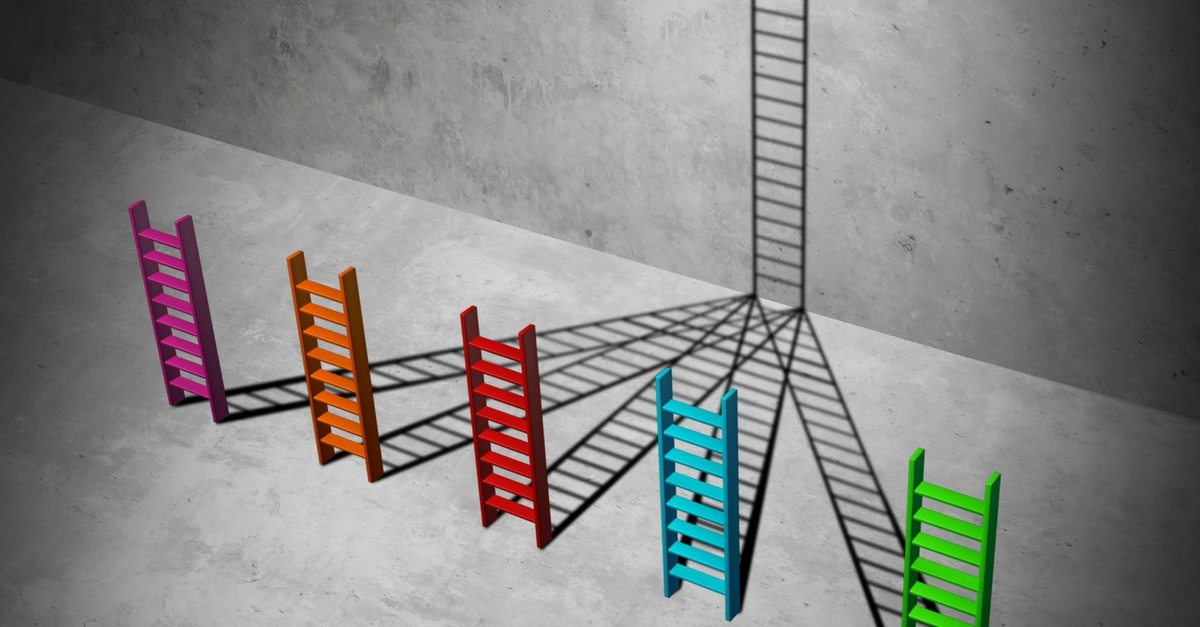
Debt consolidation can seem like an attractive option when you’re struggling with multiple debts. But many Canadians wonder about its impact on their credit score and overall financial health. Let’s explore the effects of debt consolidation on your credit and whether it’s the right choice for you.
Table of Contents
The Impact of Debt Consolidation on Your Credit Score
Debt consolidation can affect your credit rating in both positive and negative ways. In Canada, the main credit bureaus (Equifax and TransUnion) use various factors to calculate your credit score.
How debt consolidation can hurt your credit score
Short term drop: When you apply for a debt consolidation loan or a balance transfer credit card, the lender will perform a hard credit check. This inquiry is reported to credit bureaus and can temporarily lower your credit score by a few points.
Missed payments: If you can’t afford your consolidation loan payments, missed or late debt payments can significantly damage your credit score.
Closing accounts: Some debt consolidation strategies involve closing credit card accounts after transferring the balances. This can negatively impact your credit score in two ways:
-
It reduces your overall available credit, potentially increasing your credit utilization ratio.
-
It can shorten your credit history if you’re closing older accounts, as the length of credit history is a factor in credit scoring.
How debt consolidation can help your credit score
Credit utilization: If you’re consolidating credit card debt with a personal loan or line of credit, your credit utilization ratio on revolving accounts will decrease, potentially improving your score. This is because you’re using less of your available credit limit.
Payment history: Making regular, on-time payments on your consolidation loan can positively impact your credit score over time. Credit bureaus view consistent payments favorably.
Account mix: Adding a new type of credit account (like a personal loan or home equity line of credit) can diversify your credit mix, which may have a slight positive effect on your score.
Is Debt Consolidation Effective for Getting Out of Debt?
Debt consolidation is the process of combining multiple debts into a single loan or payment, often with the aim of securing a lower interest rate or simplifying debt repayment. It can be an effective strategy for some individuals, but it’s not a one-size-fits-all solution. Here are some potential benefits:
-
It can simplify payments by combining multiple debts into one
-
You save money if you consolidate debts with high interest rates into a lower-interest loan
-
Debt consolidation can provide a clear path to becoming debt-free with a fixed repayment term
However, debt consolidation is most effective when combined with changes in spending habits and a commitment to avoiding new debt.
Do you need debt relief?
Compare debt consolidation with a consumer proposal.
Potential Drawbacks of Debt Consolidation
While debt consolidation can be helpful, it’s important to consider the potential disadvantages:
-
It may extend the repayment period, potentially increasing the total interest paid
-
Secured consolidation loans (like home equity loans) put your assets at risk
- If you have bad credit, your debt consolidation options can be limited and expensive
-
Debt consolidation does not address the root causes of debt, such as overspending or inadequate income
-
Fees associated with consolidation loans or balance transfers can add to your debt
-
If you don’t solve the root cause and reduce spending, you may continue to use your credit cards and rack up debt balances again.
Debt consolidation is a good option if you can afford the monthly payments and if it means you will get out of debt within a reasonable time period. If this isn’t true, it may be time to consider alternative options providing debt relief.
Debt Relief Programs
As Licensed Insolvency Trustees in Canada, we often see clients who have tried debt consolidation without success. While consolidation can work for some, it’s not always the best solution for severe debt problems. There are several debt relief options available, each with different impacts on your credit and financial situation:
Debt Management Plans (DMPs): Offered by credit counselling agencies, DMPs involve negotiating with creditors to lower interest rates and consolidate payments. You typically make a single monthly payment to the agency, which then distributes funds to your creditors.
-
Credit impact: DMPs are noted on your credit report for up to six years and may affect your ability to obtain new credit during the program.
-
Advantage over debt consolidation: Credit counsellors may be able to negotiate a freeze or reduction in interest rates. However, these savings can be offset by the 10-15% fee charged by credit counselling agencies.
-
Best for: Those who can repay their debts in full but need help with interest rates and payment management.
Consumer Proposals: This is a formal, legally binding process administered by a Licensed Insolvency Trustee. It involves negotiating with creditors to repay a portion of your debt over a set period (up to 5 years).
-
Credit impact: Noted on your credit report for 3 years after completion or 6 years from the filing date, whichever comes first.
-
Advantage over debt consolidation: A consumer proposal can result in a debt settlement of up to 80% of your outstanding debts, significantly lowering your monthly payment.
-
Best for: Those with significant debt who can afford to repay a portion but not the full amount.
Get A Personalized Debt Free Plan
"*" indicates required fields
Bankruptcy: This is a legal process that provides relief from overwhelming debt. It involves surrendering assets (excluding most personal goods) in exchange for the discharge of most unsecured debts.
-
Credit impact: Remains on your credit report for 6-7 years after discharge for a first bankruptcy.
-
Best for: Those with severe financial difficulties who have no realistic way to repay their debts.
These formal debt solutions may be more appropriate for individuals with:
-
High debt-to-income ratios
-
Debts they can’t reasonably repay within 5 years
-
Debtors who are facing collection actions or legal proceedings from creditors
While these options have more significant impacts on your credit than traditional debt consolidation, they can provide more comprehensive debt relief and legal protection from creditors in the case of a consumer proposal or bankruptcy. The right choice depends on your specific financial situation, the amount of debt you owe, and your ability to repay.
As Licensed Insolvency Trustees, we can provide a thorough assessment of your financial situation and guide you through the pros and cons of each option. Our goal is to help you find the most appropriate solution for your unique circumstances, whether that’s a debt consolidation strategy or a more formal debt relief program.
Using Credit Cards After Debt Consolidation
If you’re consolidating credit card debts with a new loan, you may wonder if you can still use your credit cards. The answer depends on your specific situation:
-
Some consolidation loans may require you to close credit card accounts
-
Keeping accounts open can benefit your credit score but may tempt overspending
-
Using cards responsibly (paying in full each month) can help rebuild credit
The key is to avoid accumulating new debt while paying off your consolidation loan.
Loan Products and Consolidation Methods
There are several ways to consolidate debt in Canada, each with its own potential impact on your credit:
Refinancing involves replacing an existing mortgage loan with a new one. You can refinance your mortgage to include other debts to lower your overall interest rate.
Second Mortgages or Home Equity Lines of Credit (HELOC) allow homeowners to borrow against the equity in their homes to pay off other debts.
Balance Transfer Credit Cards involve transferring high-interest credit card balances to a card with a lower interest rate, often with a promotional 0% APR period.
Personal Loans or Lines of Credit are unsecured loans that can be used to pay off multiple debts, consolidating them into one payment.
Each of these methods can affect your credit differently:
-
Refinancing and HELOCs may have less impact on your credit score as they’re secured by your home, but they put your property at risk. Refinancing or a second mortgage can reduce overall credit utilization as you transfer consumer credit balances to your mortgage.
-
Balance transfers can significantly improve your credit utilization ratio, potentially boosting your score, but hard inquiries and closing old accounts can negatively impact your credit history length.
-
Personal loans or lines of credit may have the most noticeable initial impact due to the hard inquiry and new account, but can improve your credit mix and utilization ratio over time.
Remember, while debt consolidation can be a useful tool, it’s not always the best solution for everyone.
If you’re struggling with debt, consider speaking with a Licensed Insolvency Trustee to explore all your options and find the best path forward for your financial future.






